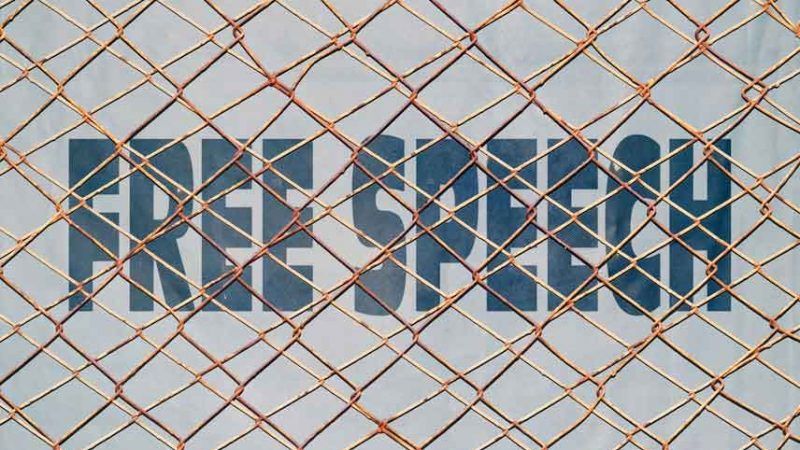University of Alabama Student Expelled for Racist Instagram Rant
Clearly unconstitutional, and a threat to a vast range of other, much more serious, speech.

According to press accounts, a University of Alabama student was expelled for posting an Instagram video in which she said, among other things, "I fucking hate niggers," and then some. The University president issued a statement condemning the video and saying the student "is no longer enrolled here"; that doesn't outright say that she was expelled, but I have no reason to doubt the press accounts.
Now no-one can confuse the video with a thoughtful argument. If empty hostility like this vanished from American life (perhaps through some magical transfusion of decency and good judgment), the nation would be a better place.
But there's a practical reason that the First Amendment forbids expelling university students for saying such things -- or for that matter saying that they hate fucking Americans or Israelis, or love Hitler or Stalin or Mao or Che or whoever else. The last several years have made clear what the preceding decades should have shown as well: Attempts to punish people for their views aren't going to be neatly cabined just to the extreme.
Condemnations of illegal immigration, of the Black Lives Matter movement, of affirmative action, of Israel, and of a wide range of other things are routinely excoriated as racist or anti-Semitic. Some such excoriation may be factually accurate in some instances; but it means that, if supposedly racist speech can be suppressed, then any expression of such views risks being suppressed as well.
Likewise, we've routinely seen people on campuses try to suppress serious speakers alongside the ridiculous, and to suppress substantive arguments alongside epithets. Nor is this limited to race and ethnicity. Sharp criticism of Islam is viewed by many as morally equivalent to racism (and is sometimes even outright labeled racism). Logically, the same should apply to sharp criticism of Catholicism, evangelical Christianity, and the like. Likewise, the notion that disapproval of homosexuality -- not just slinging epithets but any form of discrimination or support for discrimination -- is morally tantamount to racism is a commonplace of modern debates about gay rights.
If university students know that students can be freely expelled for racist rants, would they feel confident that they wouldn't be expelled -- or suspended or otherwise punished -- for expressing their views even without the epithets? Would they feel confident that they wouldn't be punished for expressing views critical of illegal aliens or transgender rights, or for arguing that there are biological differences between the sexes or between racial groups? Even apart from the rights of the particular student in this case, is there any safe harbor that officials like the University of Alabama president can offer to other students who want to express other views that the president may find "highly offensive and deeply hurtful," and that "do not represent … the values of [the] University"?
Justice Black's 1961 dissenting opinion in Communist Party of U.S. v. Subversive Activities Control Bd. began with the famous line:
I do not believe that it can be too often repeated that the freedoms of speech, press, petition and assembly guaranteed by the First Amendment must be accorded to the ideas we hate or sooner or later they will be denied to the ideas we cherish.
Justice Powell's majority opinion in Healy v. James (1972) relied on this very point, in holding that college students who hold extreme views (there, again leftist views) are protected even against far lesser penalties than expulsion. This wasn't abstract theorizing: This was practical calculation based on the experience of preceding decades, experience that seems fully applicable today. It's too bad that so many are forgetting it now.
